All you need to know about Switzerland: referendum
December 9, 2009, 5 Comments
Ask the audience! That’s pretty much how the Swiss political system works. Everything is subject to approval by the electorate – and I mean everything, from building tram lines and anti-smoking laws to international treaties and tax rates. And of course banning new minarets. For the Swiss, this is normal; for the rest of us, it’s anything but. How can a country function if every decision has to be voted on? How does it actually work?
The Swiss vote four times a year on all manner of issues at local, cantonal (a canton is similar to a county but with more power) and national levels. Collect enough valid signatures and you can challenge any government decision or act of parliament, and overturn either if the vote goes your way. Collect even more signatures and you can call a referendum on anything you want, such as abolishing the army. There are also automatic referenda, for proposed constitutional amendments or international treaties, but most are ones initiated by the voters. In this system of direct democracy, there’s almost nothing which is not open to a vote. It’s about consultation not revolution; governments don’t fall or resign if they lose a referendum, they just start looking for a new compromise to keep the voters happy.
Being asked to make decisions so often clearly brings on voter fatigue – turnout is usually around the 40% mark. And most voter-instigated referenda fail – only about 20% get a majority. But it doesn’t stop the signature-collectors turning out in force every Saturday for their pet project, be that prohibiting nuclear power stations or reducing sales tax. Most won’t even reach the stage of being put to a vote, but many do. And not always the conservative ones: Switzerland was the first country in the world where the people voted in favour of gay civil partnerships.
Nothing happens quickly in Swiss politics. It can take years for a referendum to be turned into law or for laws to be approved by the people. No-one seems to mind the glacial pace because Swiss society is all about compromise and finding a solution acceptable to the majority. Most of the time this works seamlessly because the people have the power and use it in everyone’s best interests. Switzerland truly is a People’s Republic. In a country where secrets are treasured, an open democracy is ironically the bedrock of the system.
If only I could vote and be part of it – as a foreigner I fall into the taxation-without-representation hole. Now, I think there was a revolution about that somewhere. Perhaps I should start one here, by collecting signatures first of course.


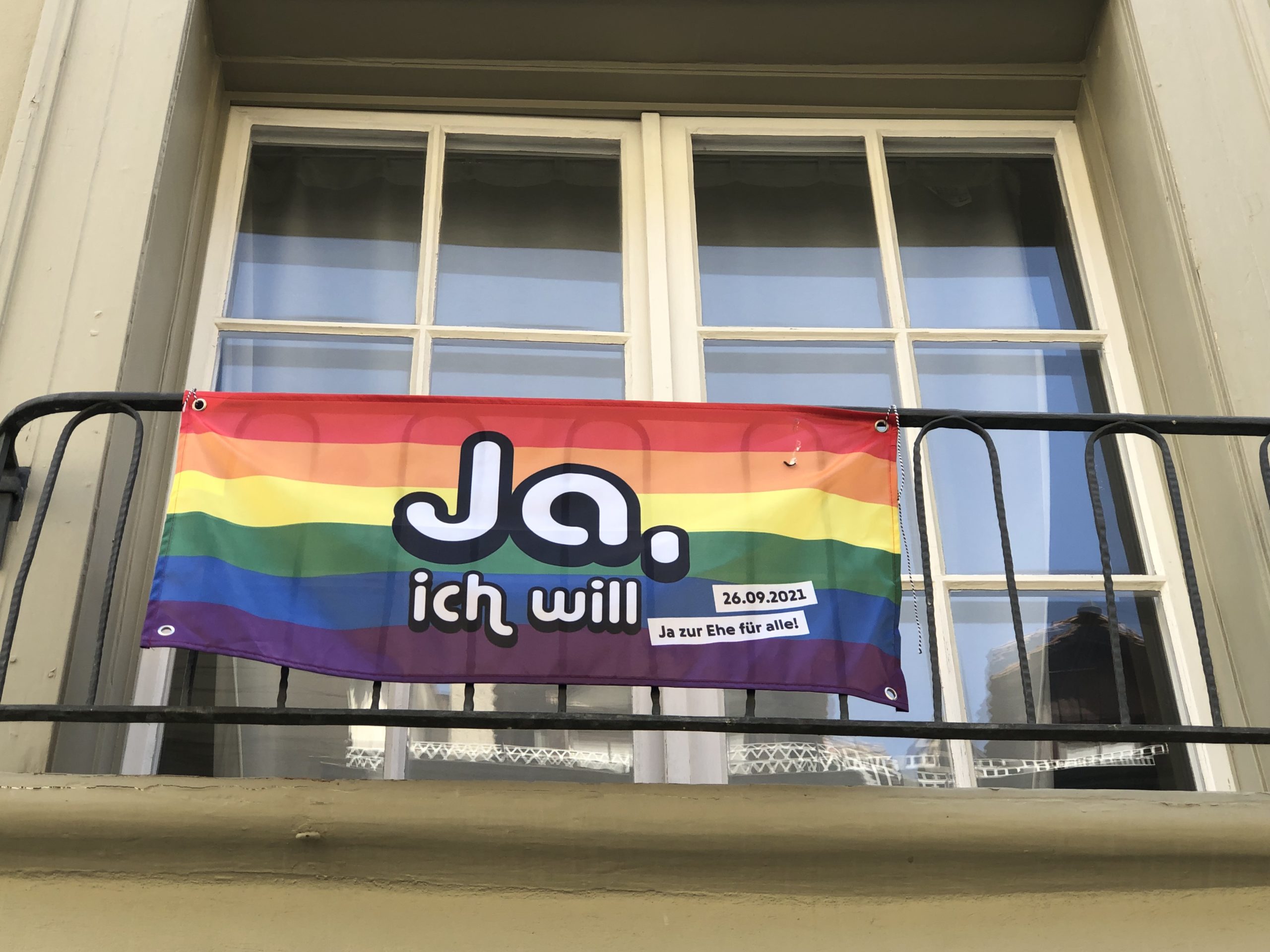
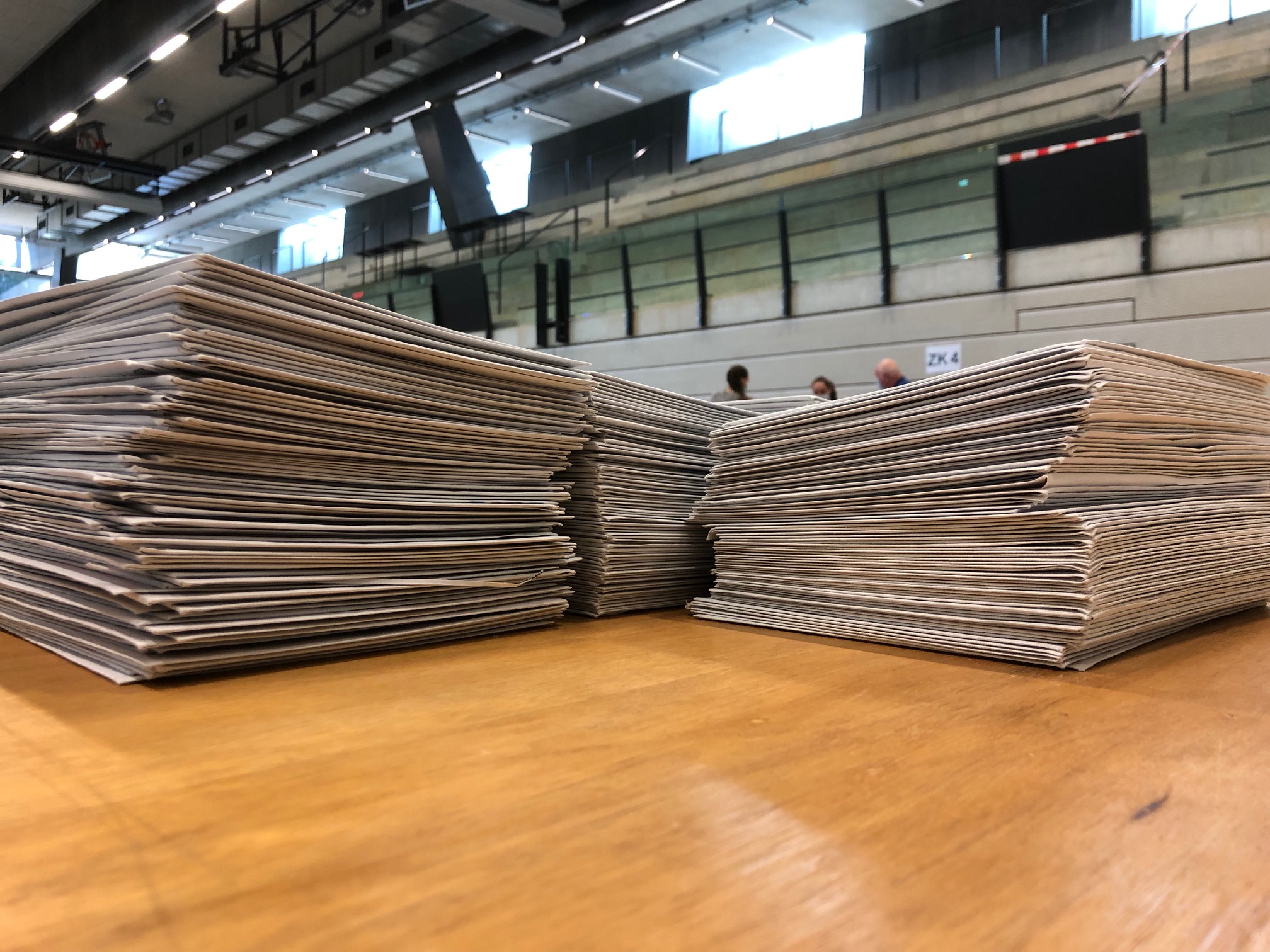
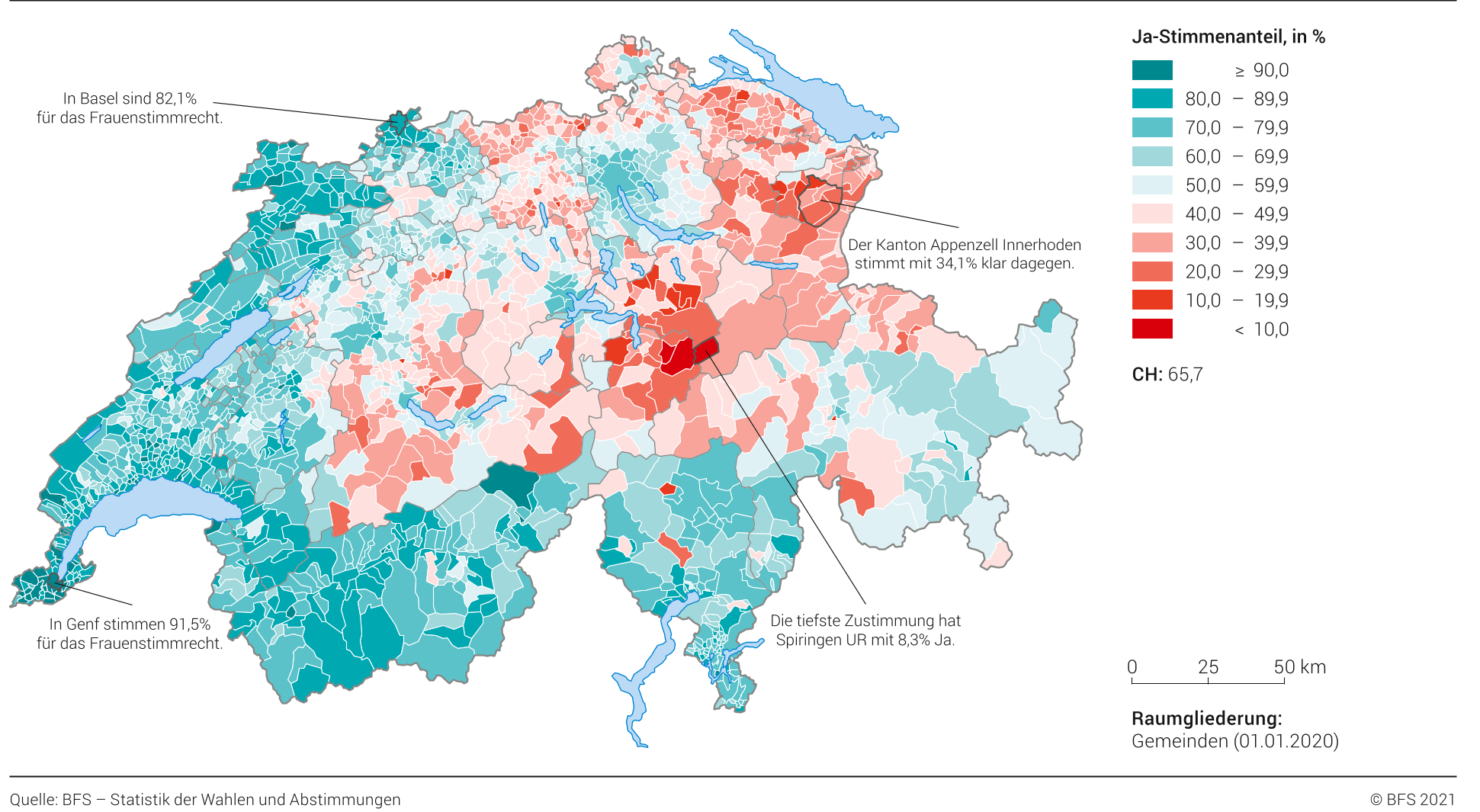
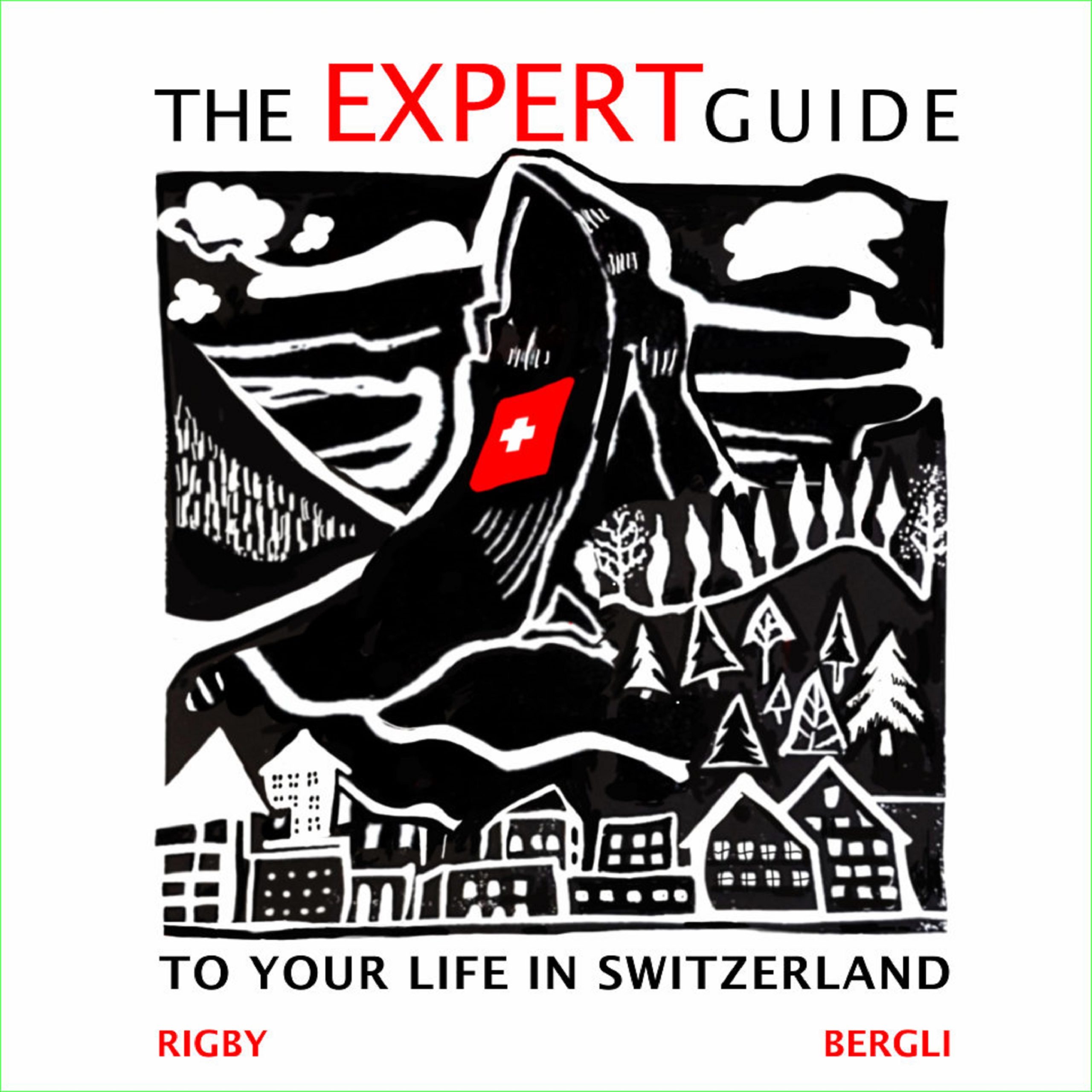
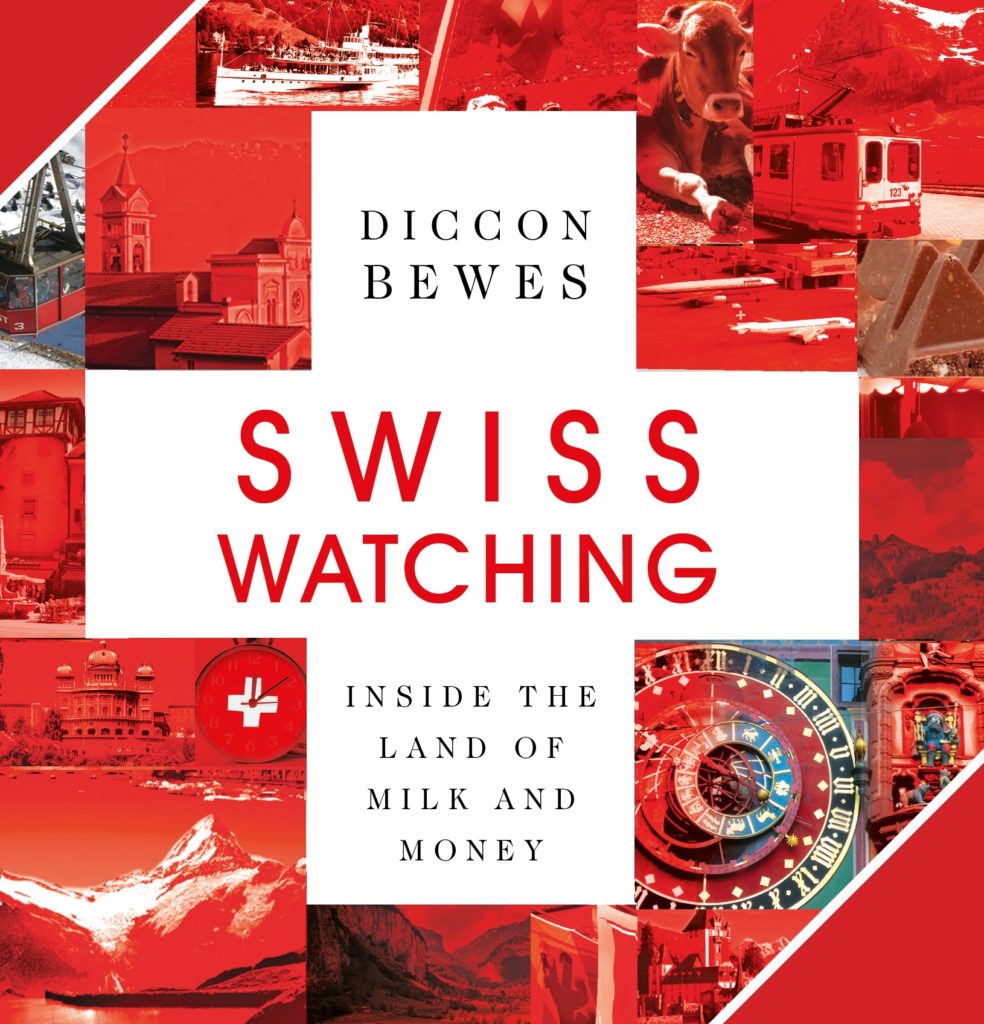
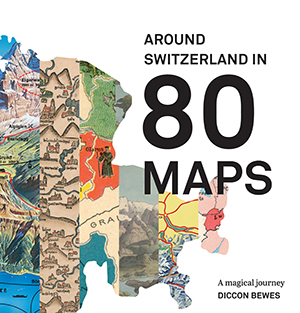
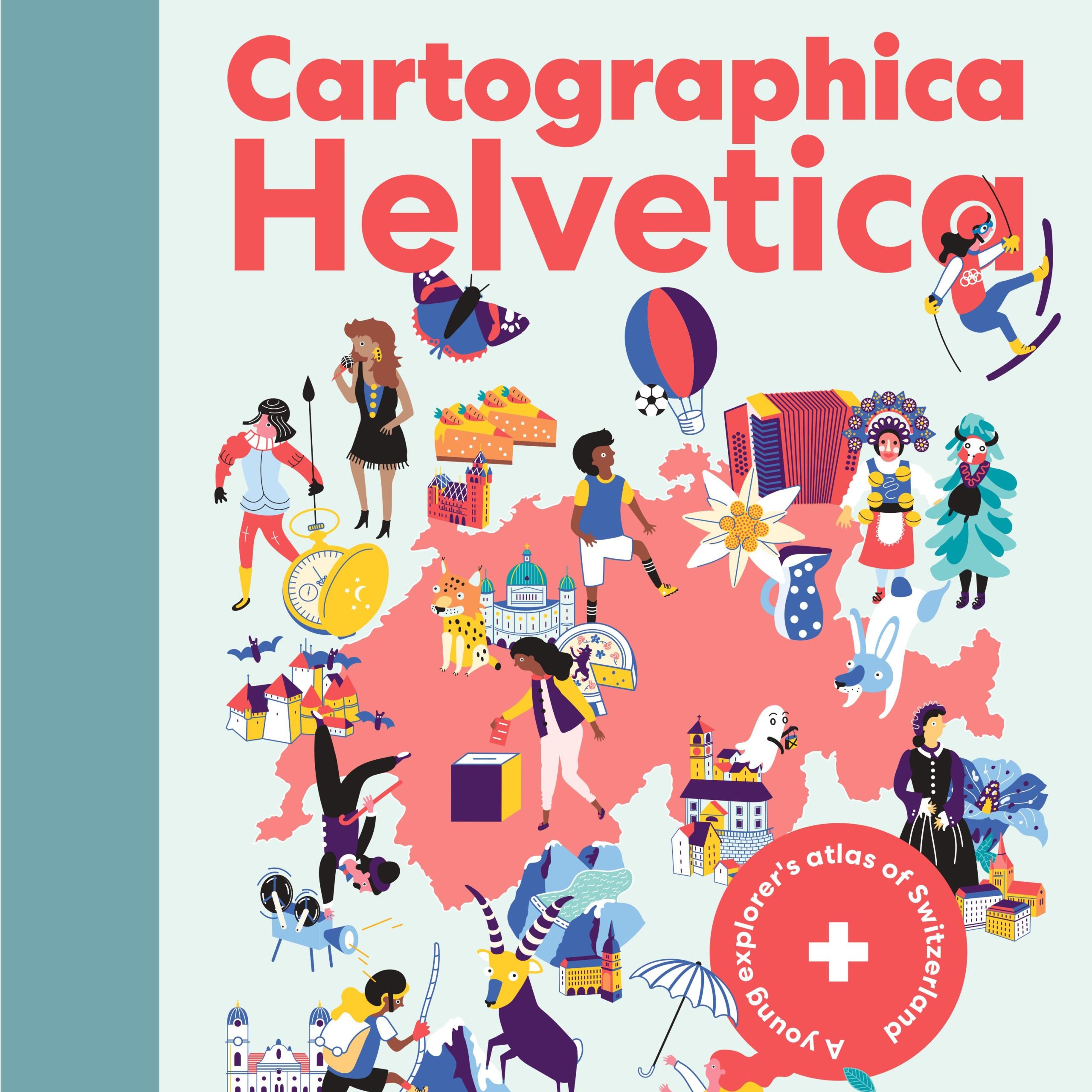
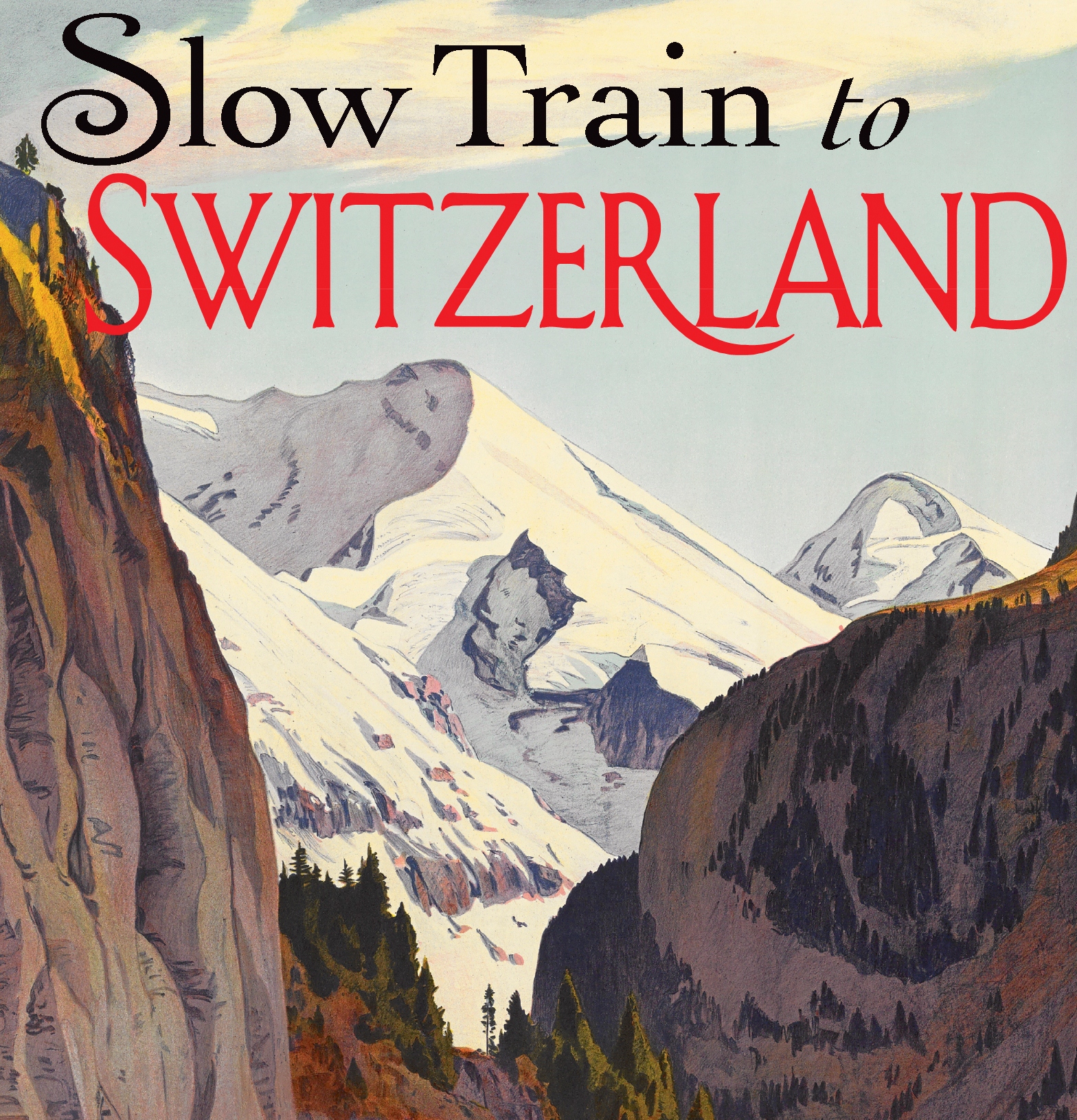
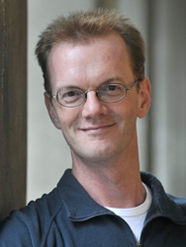
 Follow on Facebook
Follow on Facebook Follow on Twitter
Follow on Twitter Subscribe by RSS
Subscribe by RSS Contact me directly
Contact me directly Global Solutions Inc.
Global Solutions Inc.
5 Comments on "All you need to know about Switzerland: referendum"
Trackbacks for this post